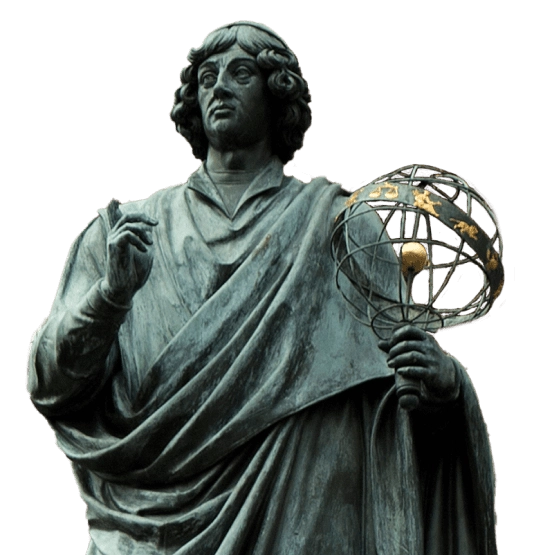A team of Chinese scientists has achieved a groundbreaking milestone by recovering ancient DNA from a skull nicknamed “Dragon Man.”
Unearthed in 2018 from the bottom of an old well in northeastern China, the fossil may represent the most complete remains yet discovered of the Denisovans—a mysterious group of archaic humans who once coexisted with Homo sapiens.
The research, led by Prof. Qiaomei Fu of the Chinese Academy of Sciences in Beijing, involved numerous attempts to extract mitochondrial DNA from the skull’s dental calculus. The analysis confirmed the remains’ connection to the Denisovans, marking a significant step forward in understanding this enigmatic population.
Until now, Denisovans were known only from a handful of bone and tooth fragments, making it difficult to reconstruct their appearance or determine their place in the human family tree. The successful recovery of genetic material and protein analysis from the skull bones has allowed scientists to better understand Denisovan anatomy, suggesting, among other features, a robust physique, pronounced brow ridges, and larger teeth compared to both Homo sapiens and Neanderthals.
Although some researchers remain cautious about the DNA extraction methods used, much of the scientific community regards the skull as an extremely valuable find. These new discoveries may enable the assignment of other Asian remains to the Denisovan group and could even lead to the formal recognition of Homo longi as a distinct human species.
This remarkable discovery opens a new chapter in the study of human evolution and demonstrates how advanced genetic technologies can help unravel the mysteries of our species’ distant past.
Source: RMF24.










